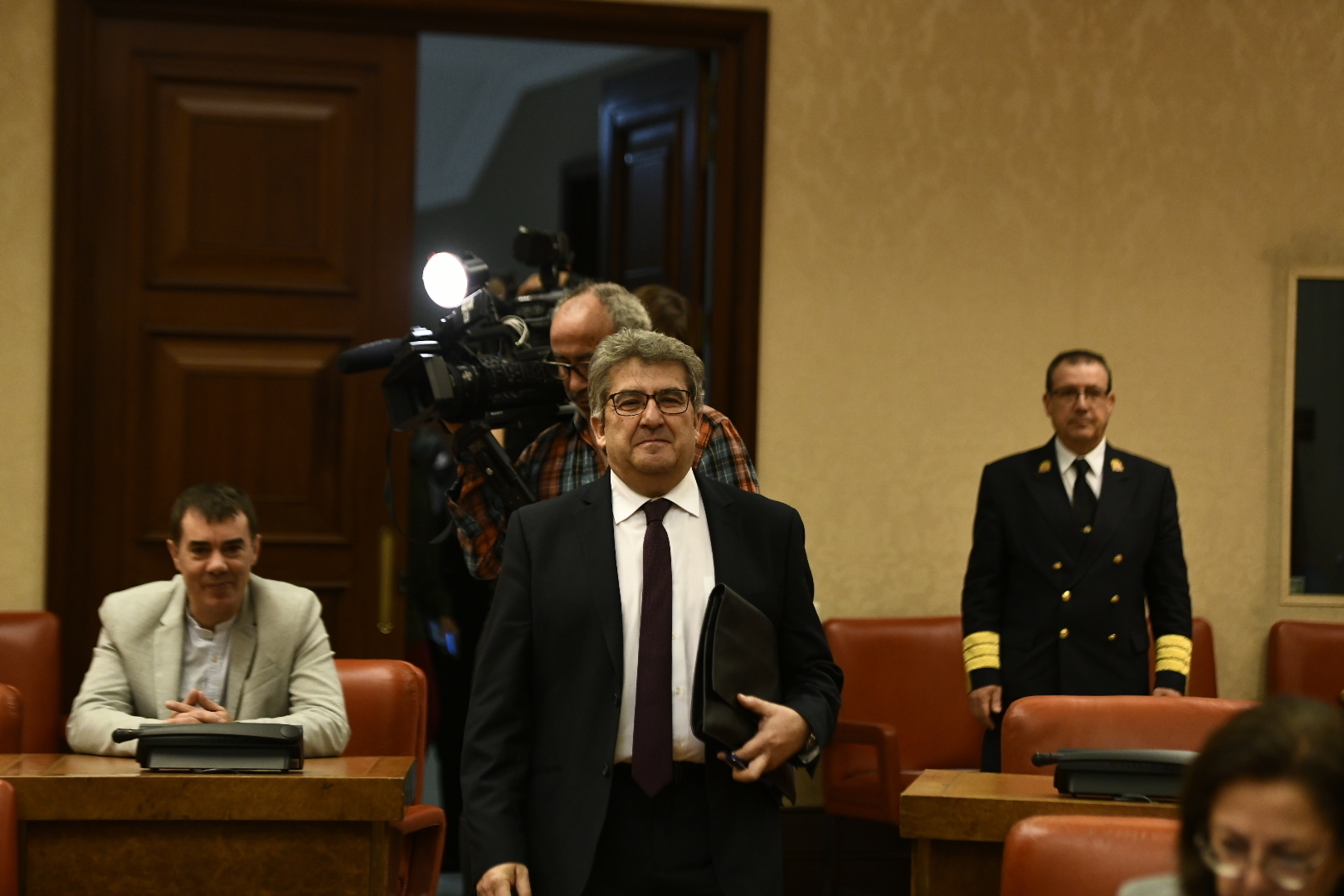The National High Court has modified the criteria that it had been maintaining in the granting of exit permits to ETA prisoners. In a resolution for which Judge José Ricardo de Prada has been a rapporteur, the court has upheld the appeal of ETA member Gorka Loran Lafourcade and has granted him the permit that the Prosecutor’s Office had opposed and that the prison surveillance judge had rejected.
The novelty of the order is that the requirements that the Criminal Chamber had been maintaining to authorize gang inmates to go out on the street are lowered. Until now, the Court required that whoever requested the benefit had apologized to the victims of terrorism and that he did so credibly. The court did not validate generic and standardized letters among prisoners who, it understood, were “finalists” and only sought access to prison benefits.
On the contrary, the order of the First Section begins by saying that the law does not require “at all” repentance or a request for forgiveness to obtain permits. “The circumstance expressed that there is no record of an inmate expressing his repentance and requesting forgiveness from the victims is in no way a legal requirement for obtaining prison permits and his only possible admissible assessment at this time is purely indicative (not as an obligation) of a good prison evolution, which is also deductible from other elements”.
For the specific case of Loran Lafourcade, those “other elements” that open the door to permits are the good prison record and the proximity of the end of his sentence. The 20 years that were imposed on him end in December 2023. In addition, the Álava prison in which he is interned reported in favor of authorizing releases.
According to the new criterion used in this case, from now on the absence of repentance or specific forgiveness may be replaced by other data, according to the resolution that, together with De Prada, the magistrates and Francisco Vieira (president) and María Fernanda García sign.
The court also uses a letter from the prisoner that he did not present before requesting the permits, but when they were denied and he had to appeal the decision of the surveillance judge to the Criminal Chamber of the Court.
His appeal was accompanied by a letter saying that in his time in prison he has “matured” and has “reflected.” “I don’t think the same as I thought when I committed those crimes. My life, my way of thinking, has evolved. I am aware that the organization to which I belonged caused a lot of suffering to many people, and I have the need to recognize that suffering. Because, Although the crimes I committed did not cause direct victims, I feel the pain of all the victims that ETA caused […] A pain and suffering that I deeply regret”.
Faced with the distrust with which until now the section that resolved all the appeals received most of the letters of alleged repentance, the order maintains that “in no way can this letter be negatively or contemptuously assessed, thus transmitting to the prisoner a message of disapproval, misunderstanding or rejection, but on the contrary, a positive criticism should be made that serves to strengthen its clearly expressed position of intense search for resocialization and social reintegration”.
The rapporteur of the resolution has just joined the First Section of the Hearing, which reviews the resources on permits and releases of ETA members. The modification – propitiated by the departure of two magistrates to the Constitutional Court – caused concern in the victims’ associations, who consider De Prada always inclined to accept the theses of the accused or those already convicted of terrorism.
Conforms to The Trust Project criteria
















